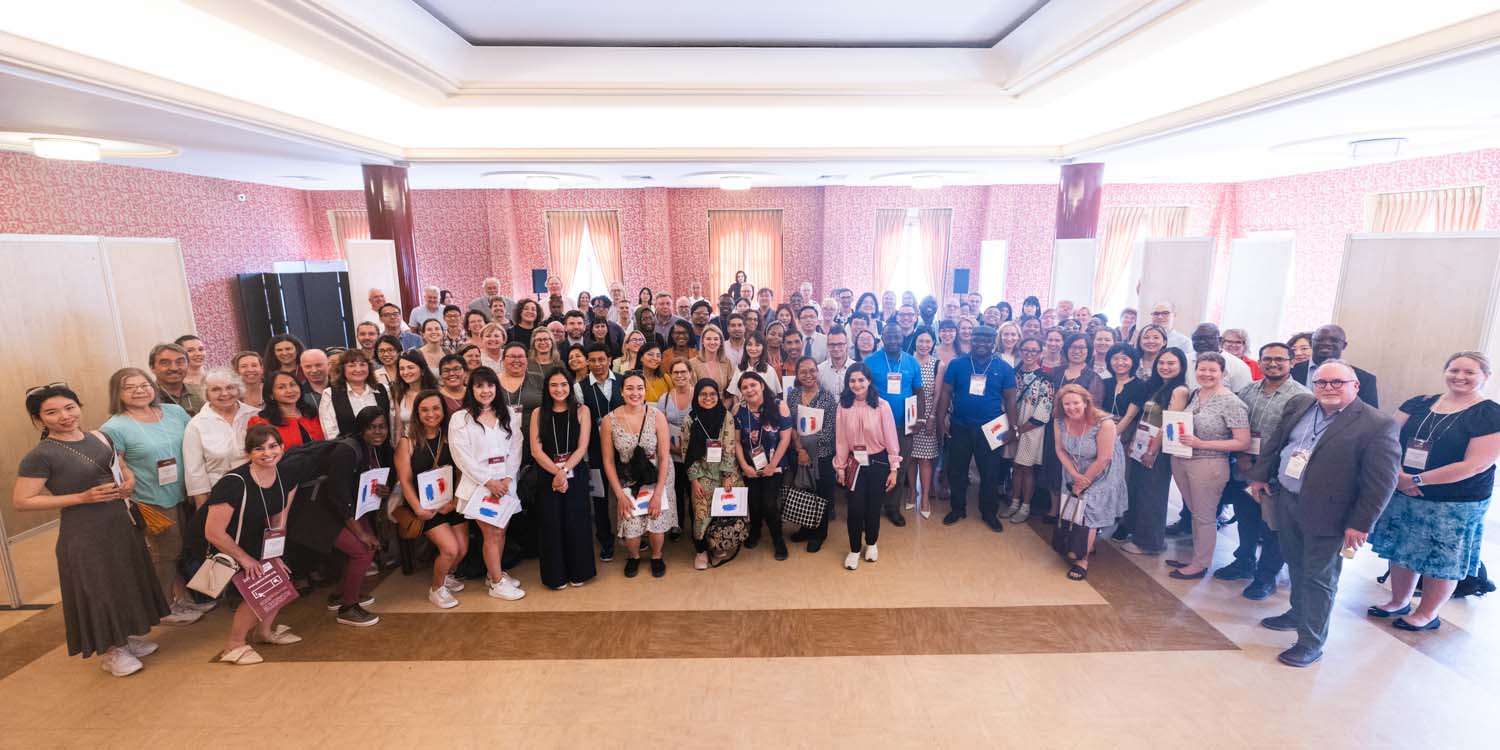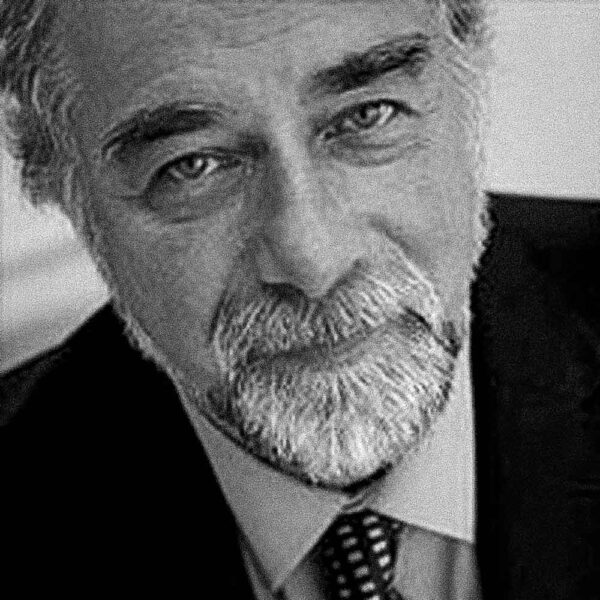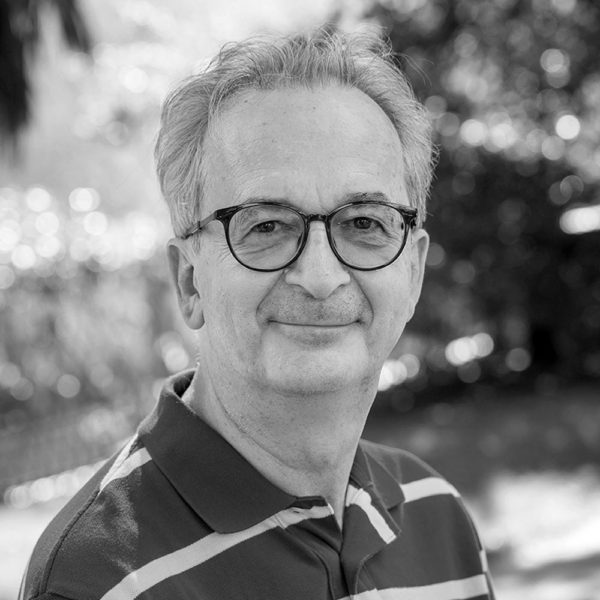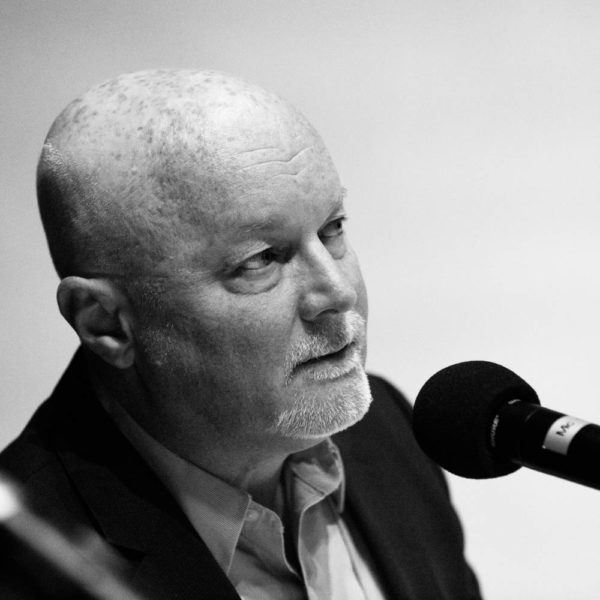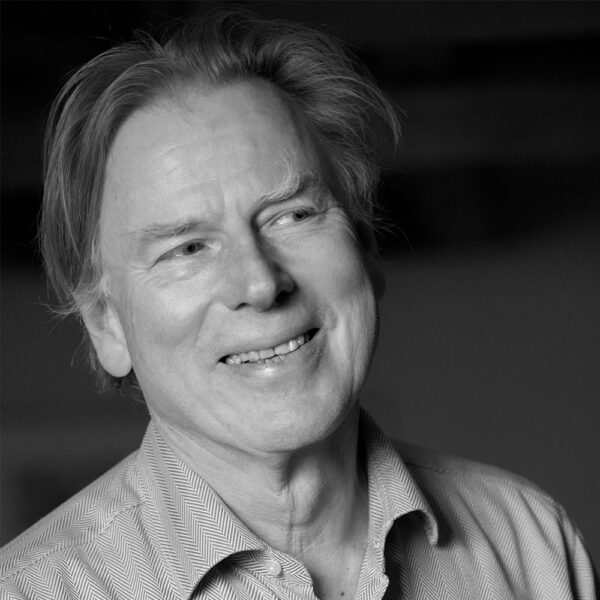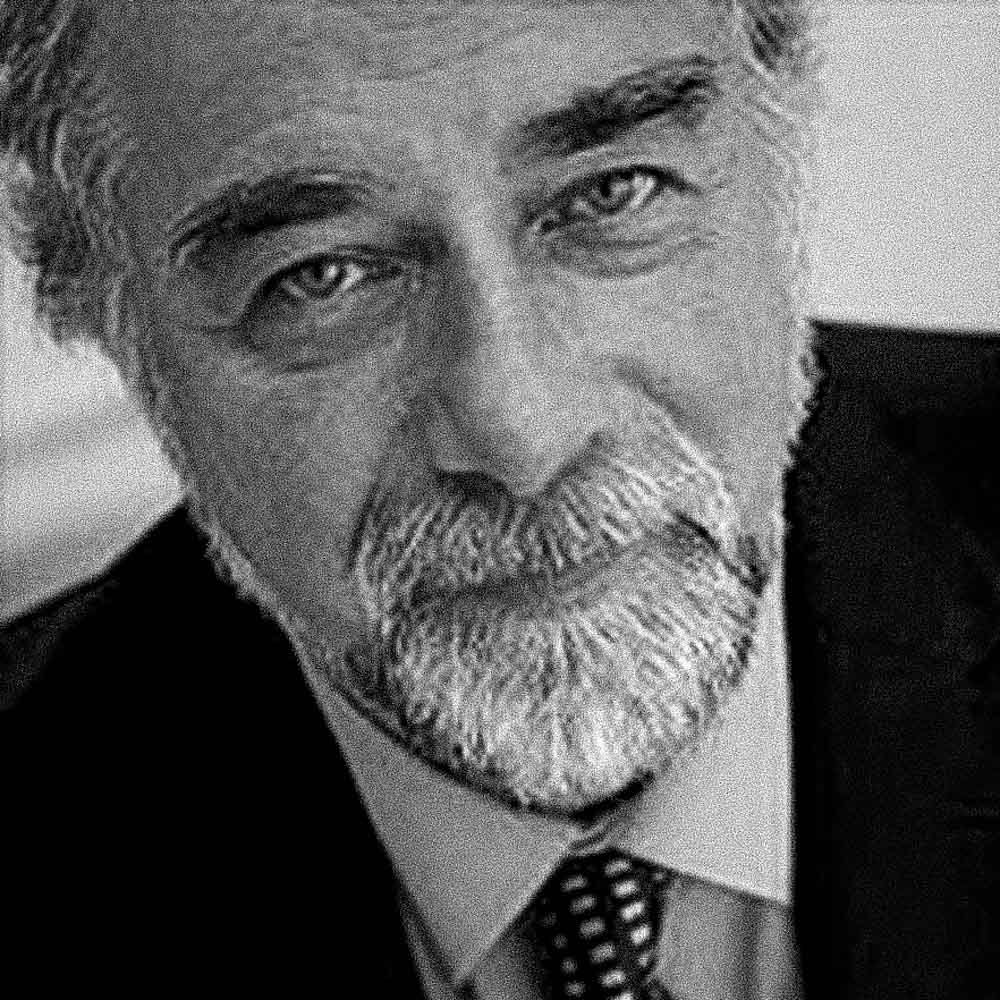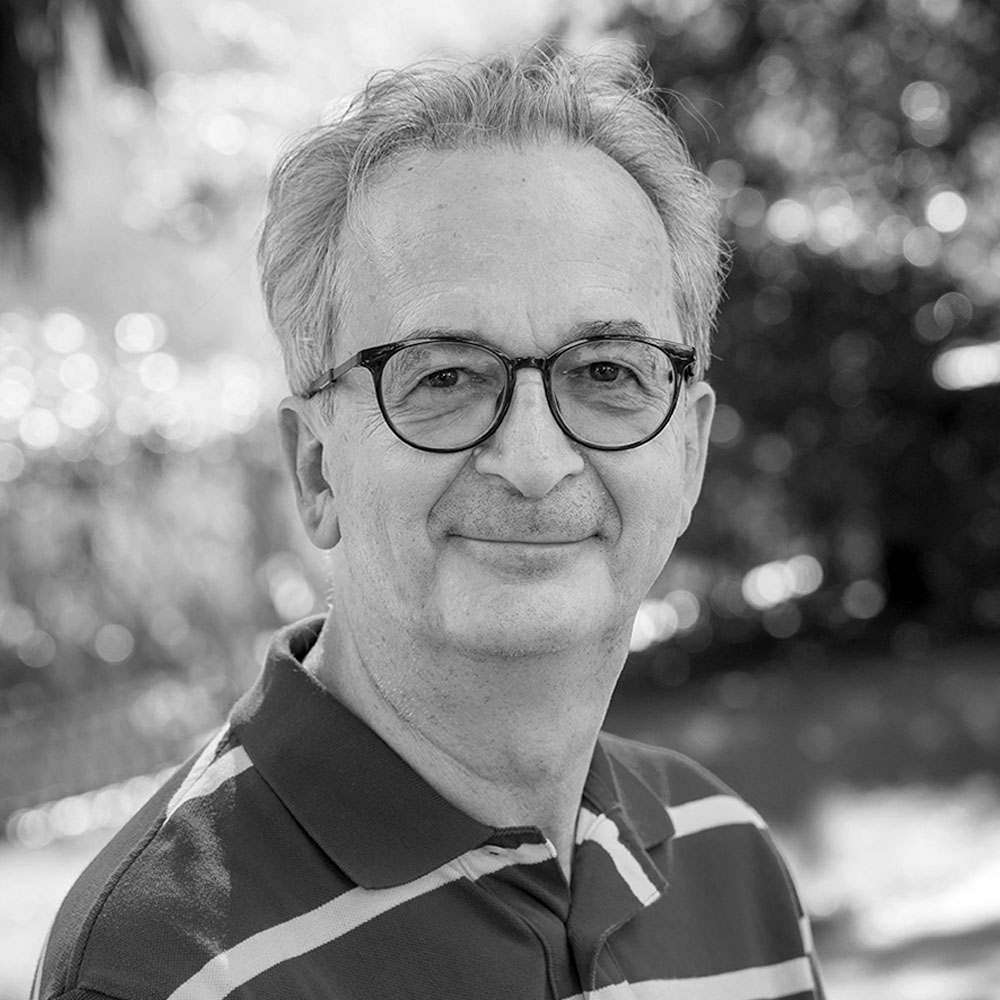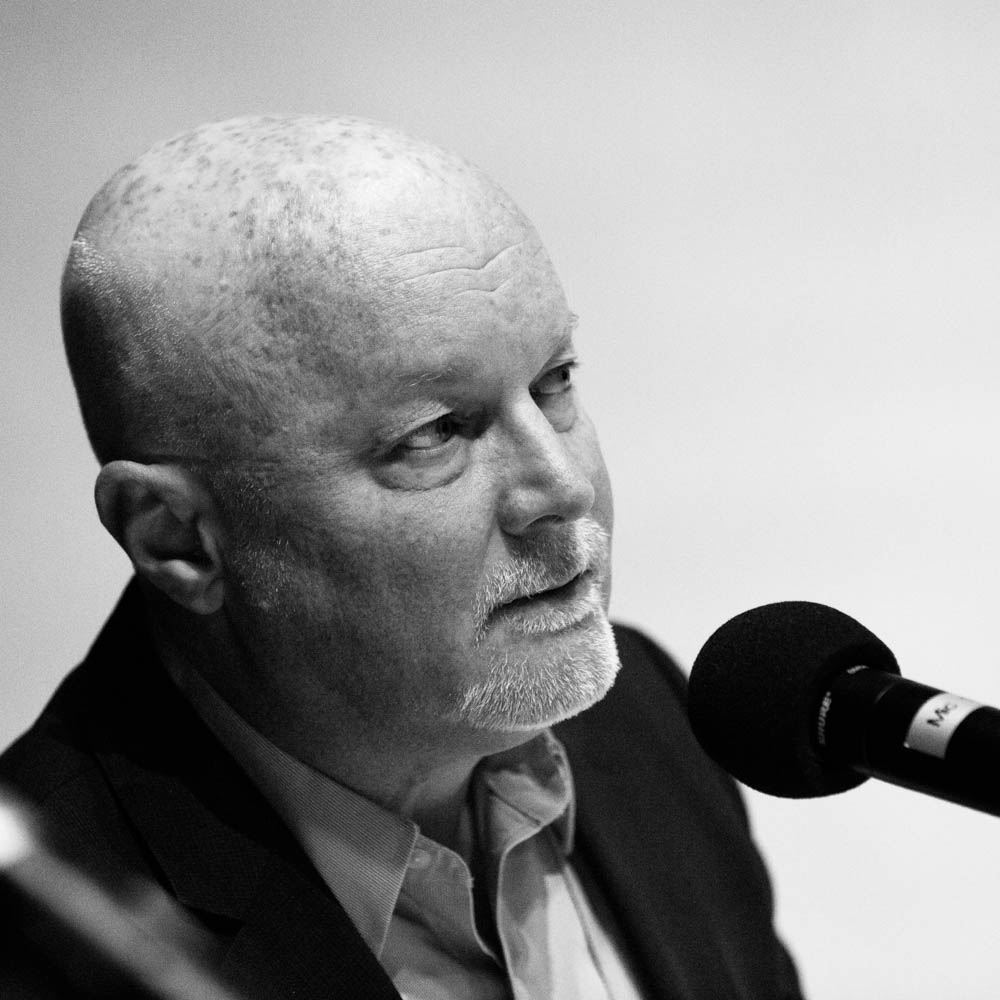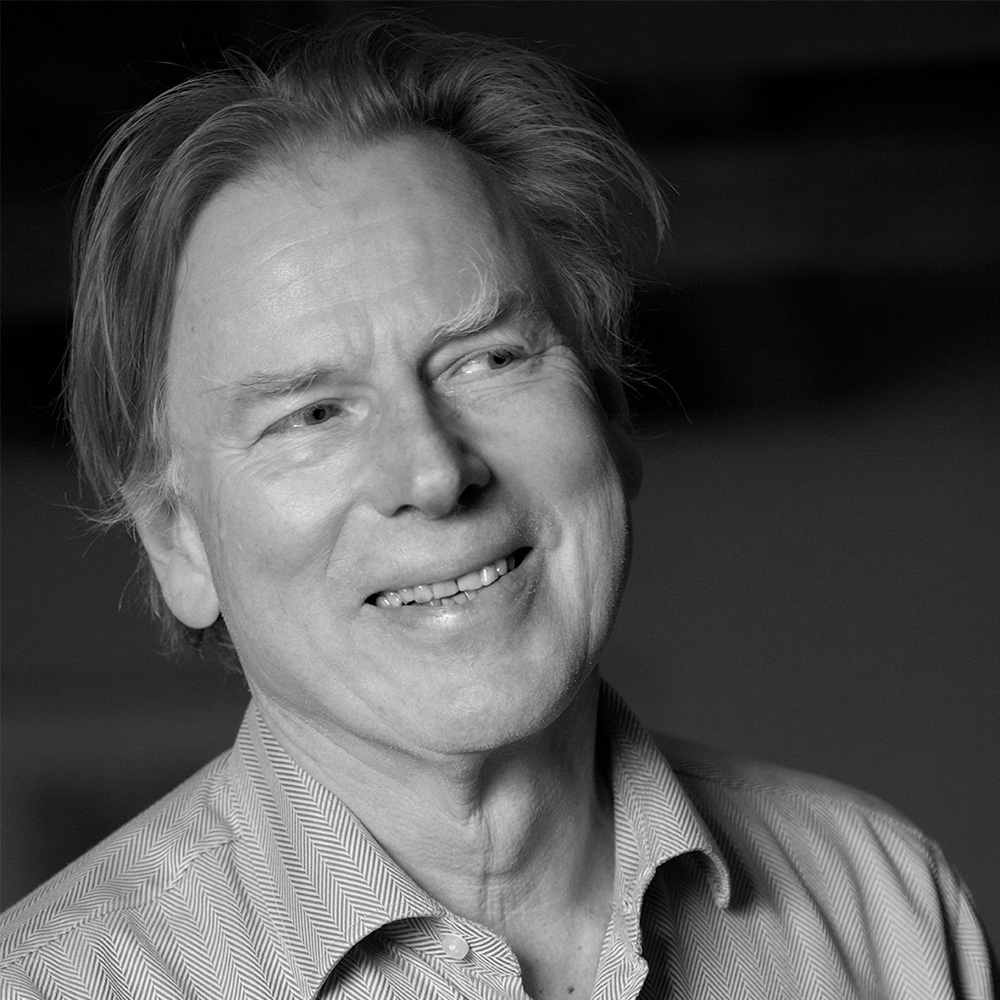Keynote Presentation: Donald E. Hall
As we emerge from COVID and the requirements we all endured for masking, distancing, and curtailed travel, we have heard regularly that we have now entered a post-COVID "new normal." That term begs the question, of course, of what "old normal" is being referred to and how precisely we have deviated from it. It further obscures the fact that the queer theorist Michael Warner, in The Trouble with Normal from a quarter-century ago, rejected the whole notion of "normality," arguing that as a term, it has been used primarily as a means to assert control by dominant powers - normalising their interests - rather than to capture a widely common or desirable way of being.
So, was there in the years immediately pre-COVID a static and definable "normal" that then evolved radically into a "new" state over just 24 months or so? To put it bluntly, "no." The U.S.-based Pew Research Center has joined others in addressing this topic directly, concluding that our supposed "new normal" is really only an intensification of trends already present well before the pandemic: worsening social inequality, deepening mistrust of authority, science, and fact, and a turn toward authoritarianism as populations reject diversity, inclusion, and demands for social justice. Yes, we may have seen an appreciable uptick in remote work and online delivery of education, but even those simply meant more isolation and less immediate interaction with those unlike ourselves, and therefore worsened all of the social threats just mentioned.
To proclaim a "new normal" is at best a form of wishful thinking that a definitive break has occurred with a past that is viewed most often with nostalgia but at other times with distaste or condescension. It absolves us from reckoning with long-standing injustice and our own culpability in entrenched patterns of violence against the disenfranchised. It allows us to see ourselves and our quotidian lives as having endured something cataclysmic, emerging then phoenix-like, changed irrevocably. If we are living in the "new," then we no longer have to reckon with the "old," including long-standing and continuing crimes against others' selfhoods. The concept of a "new normal," in effect, absolves us of responsibility.
Instead of wasting time by celebrating or reviling a "new normal," we should work instead to document the trends that the pandemic magnified and trace down the intensified threats to civil society and economic security that have arisen because of or in response to the pandemic. This does not hinge on the concept of anything radically "new," rather it posits an incrementalist model of deepening fears of difference and desperate reassertions of old ideologies—a toxic, continuing normalisation of intolerance and indifference. As U.S. politicians wage renewed war on transgender youth and what they deride as "critical race theory" and "woke" culture, the old norms seem very much alive and all too present.
